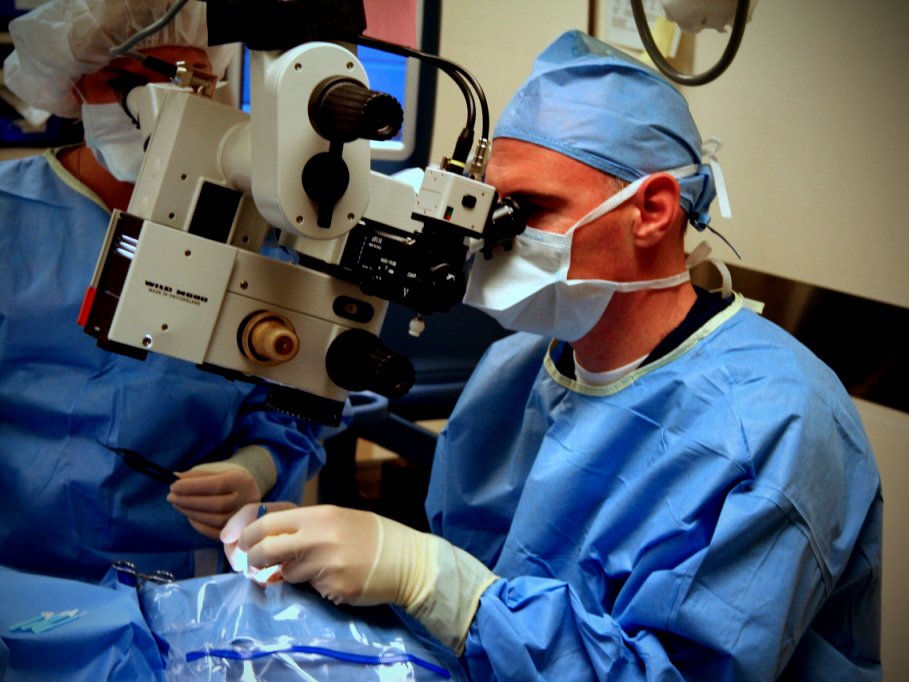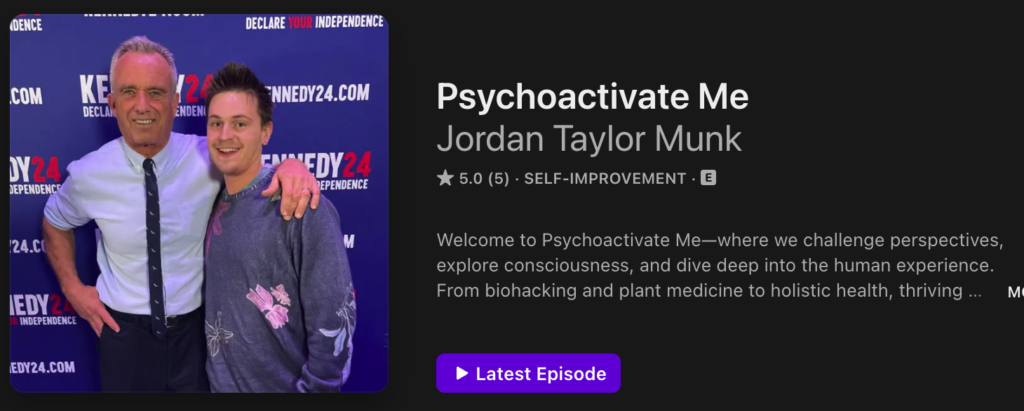Meet Dr. Dan
Hello and welcome to my story.
I’ve been a fitness enthusiast my whole life. I was born in Cleveland, Ohio. I participated in my first athletic competition in fourth grade, and I ran track and pole vaulted throughout high school. In 1982, I bought my first mountain bike, sparking a decades-long passion that continues to this day.
I never thought about food and diet until I noticed my lab results heading in the wrong direction. My cholesterol ratios were in the danger zone, and my blood pressure was rising. Nothing was critical yet, but the trend was ominous. I experimented with different diets, such as the Paleo diet, but nothing changed. Despite exercising and eating what I thought was “healthy,” I snacked frequently and regularly indulged in bags of chips and similar snacks. My weight wasn’t a problem, and I convinced myself that exercise could counteract the effects of snacking. However, my lab results continued to worsen, showing elevated cholesterol, increased blood pressure, and higher fasting blood sugar levels. Metabolic syndrome was knocking at my door. My personal doctor recommended three medications.
At age 61, I was possibly facing a lifetime of taking medications. That didn’t seem like a viable long-term solution. Would I need to add more as I aged? Was the key to a healthy life more medication? I didn’t like the thought of any medication, but I didn’t know what else to do. The internet must have the answer! And it did—every answer to every question, all mixed together! Eat meat, don’t eat meat; eat vegetables, don’t eat vegetables; never eat fruit; always eat fruit. The world of food and dieting is a total mess. Anyone can find someone to support their eating habits and claim that it’s the “best” diet. There just had to be an answer. If I, a medical doctor, was having this much trouble, how were people without a medical background supposed to learn what to eat?
A significant portion of my medical training focused on research. I have written numerous papers and collaborated with exceptional physicians and scientists. One of the most important aspects of conducting new research is interpreting existing research. It’s more than just reading what the authors said about their research. It also involves critically evaluating the data they presented and forming an independent opinion about it. I have formal training in this area and have used this skill extensively in glaucoma and ophthalmology research. So why not apply it to nutrition? I did just that. Eventually, I came across the work of Dr. Robert Lustig. You can find some of his work in the library section of my website if you are interested in learning more. Dr. Lustig’s work introduced me to the work of many other authors, especially Dr. Steven Gundry. These authors’ ideas formed the basis of the significant changes I made to my diet and lifestyle. I’m a “dive in” kind of guy, so I changed my diet immediately. It took about a month to fully transition to this new way of eating. I’ve had to change the way I think about certain foods, say goodbye to things I used to consider food but no longer do, and welcome foods I had never considered before. After six months on the new plan, my life had changed. My lab results were better than those from my first year of medical school! (And yes, I’m a geek—I saved the results.)
My blood pressure, fasting blood sugar, and cholesterol levels are all excellent. I was also diagnosed with urticaria, or skin inflammation, several years ago. It’s no longer active. The dry eye that I’ve had for decades has also been resolved. I feel better, sleep better, and have started building muscle and riding my bike more intensely. It’s a miracle! I have to spread the word!



